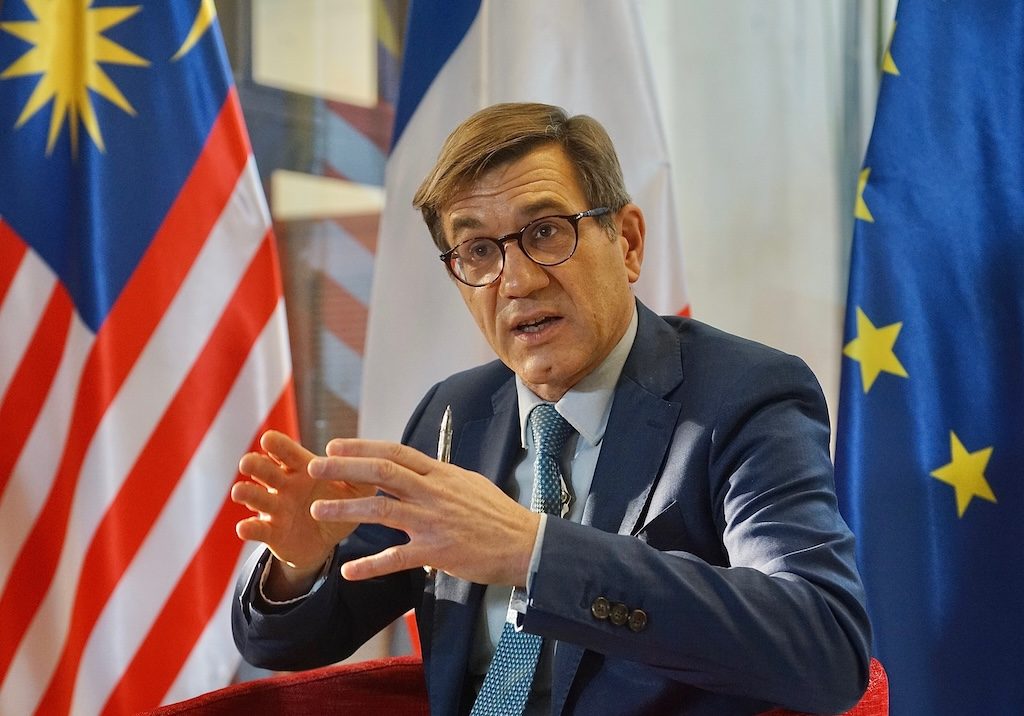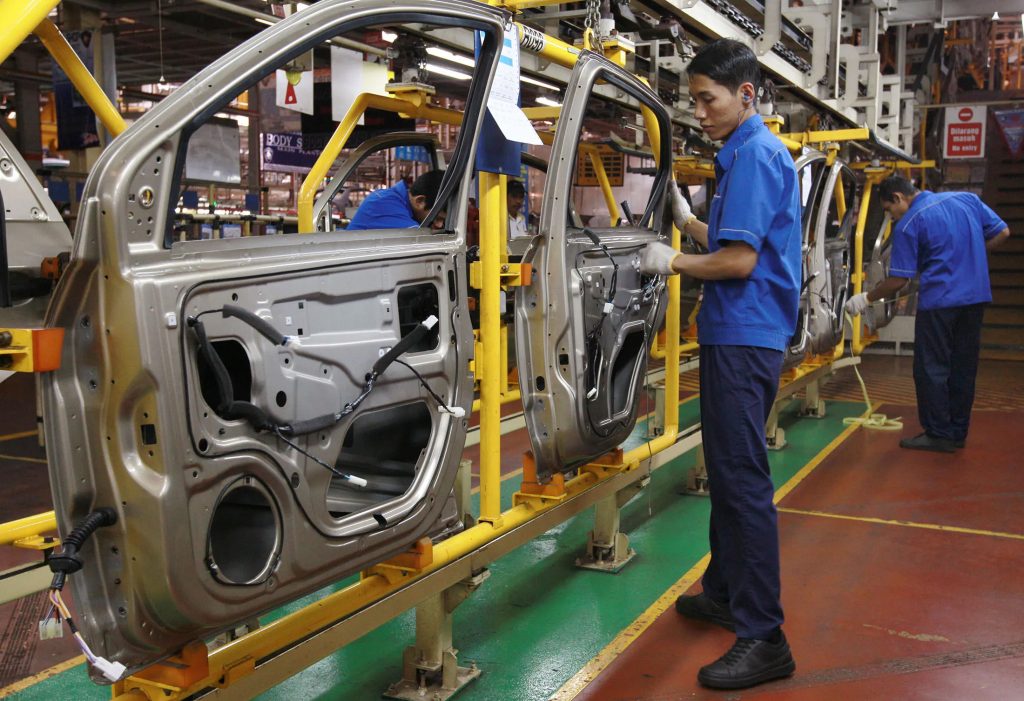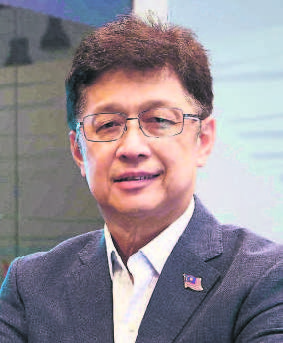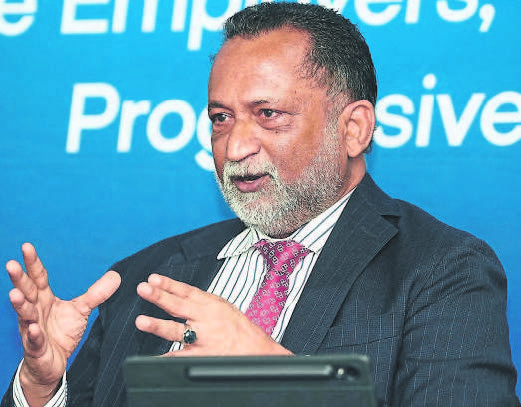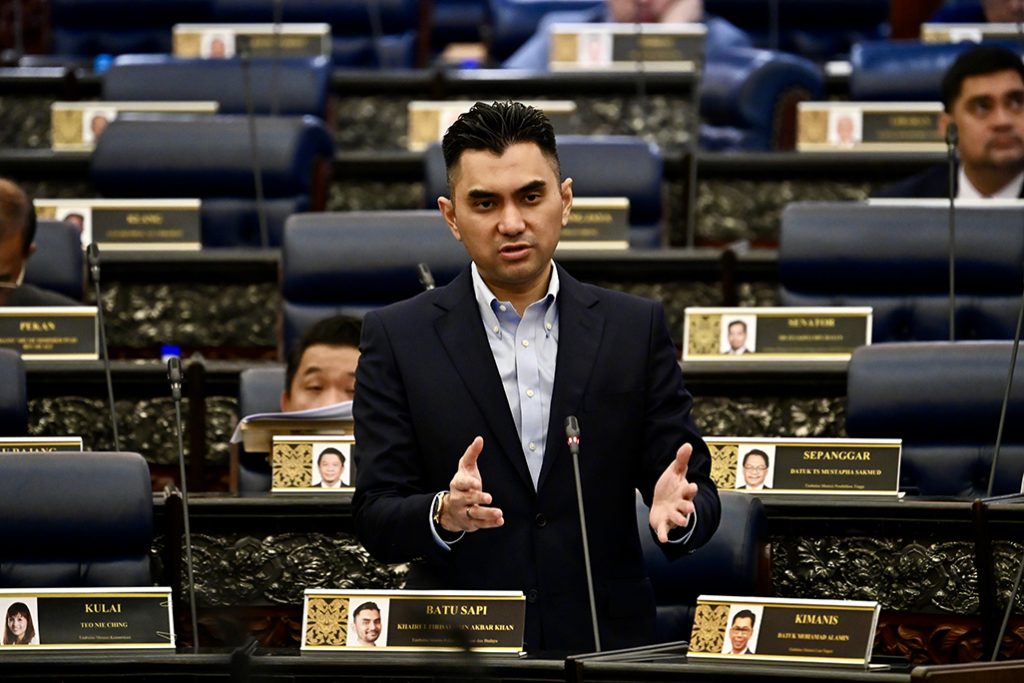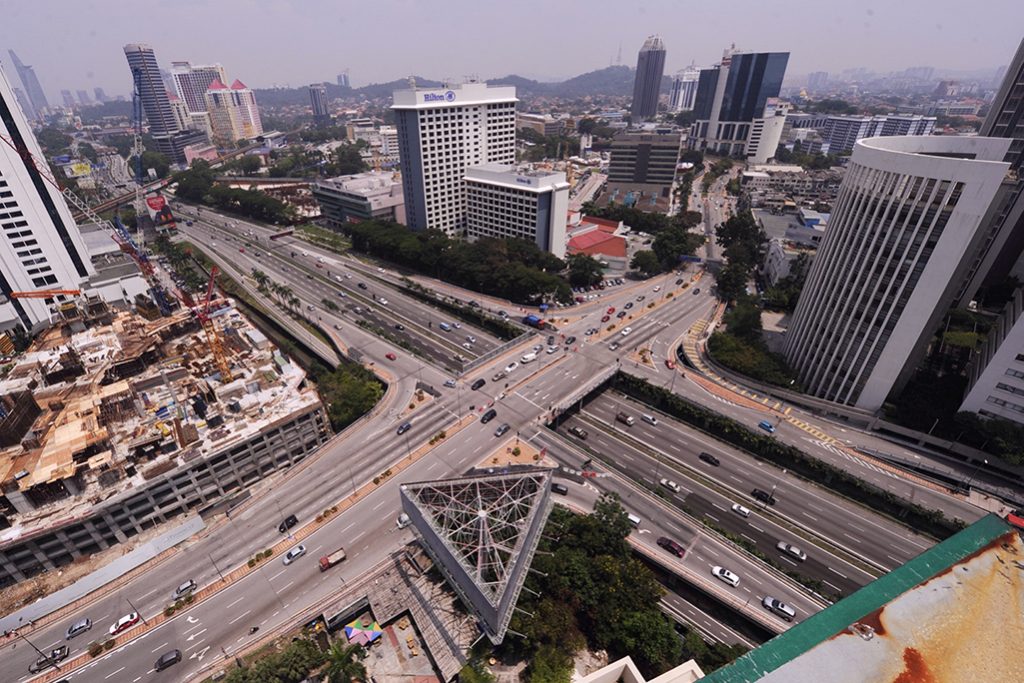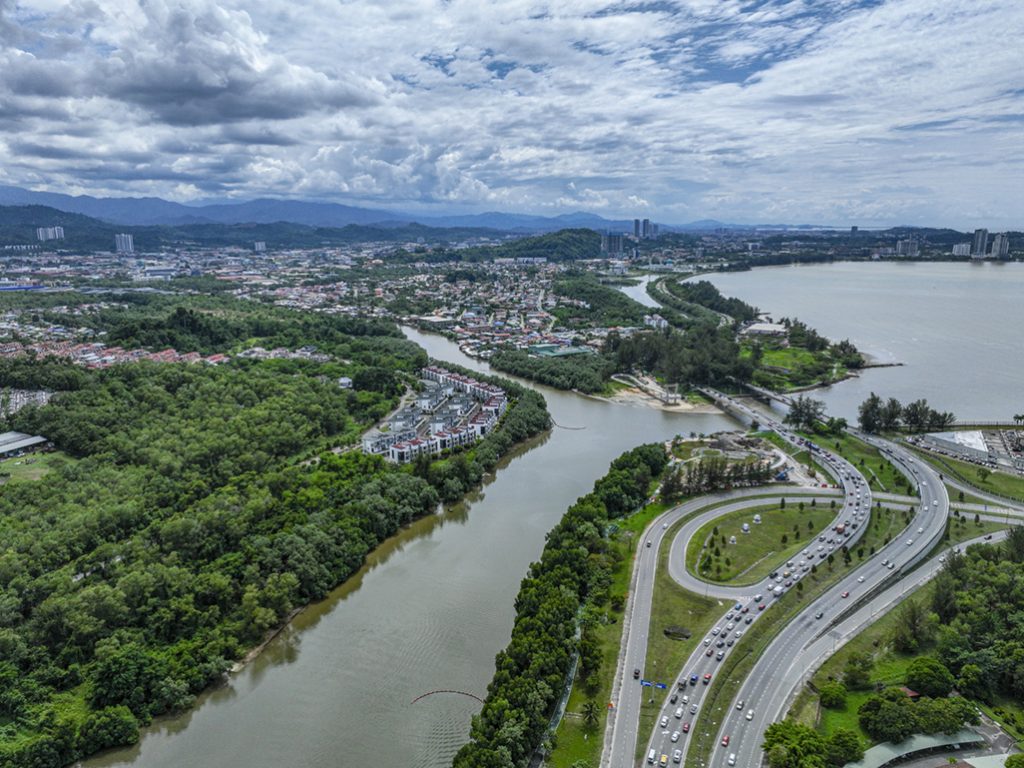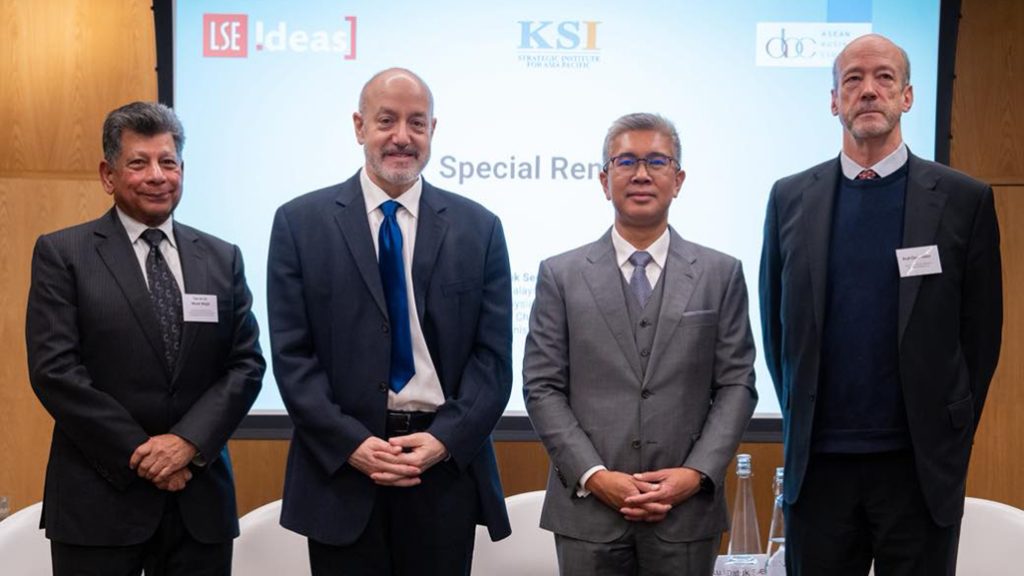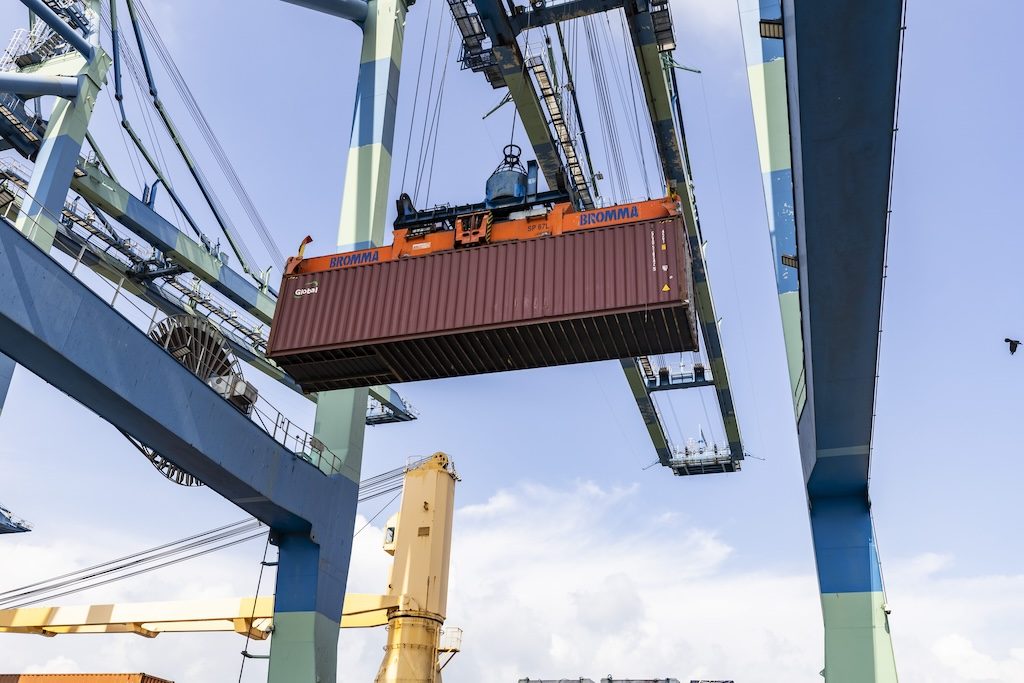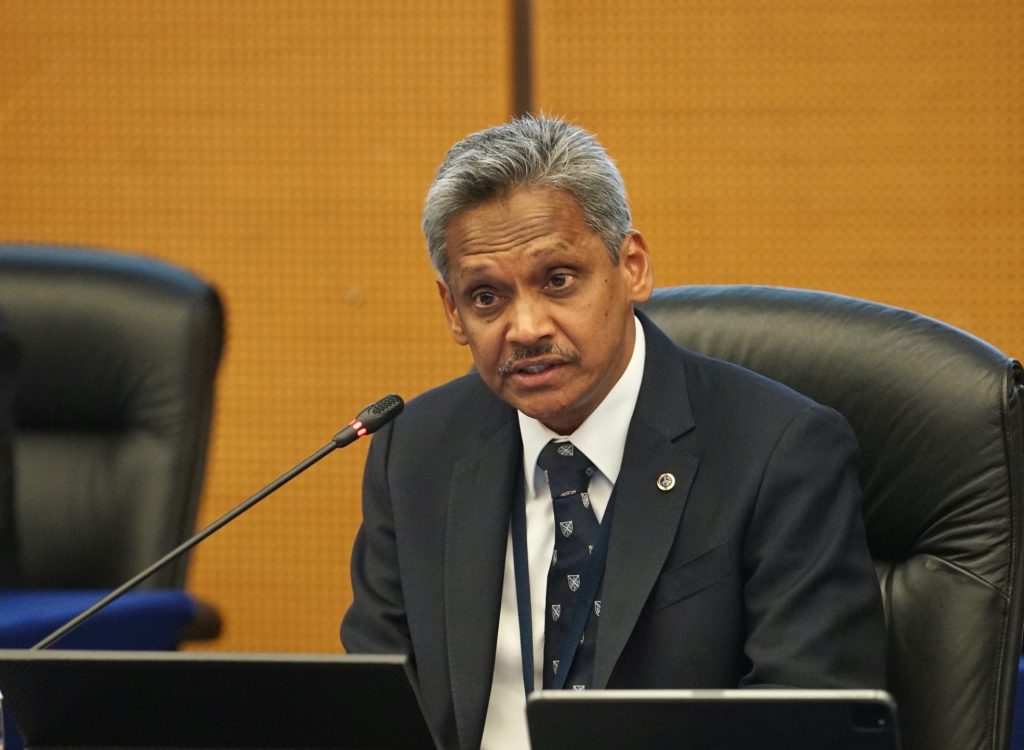Auto Added by WPeMatico
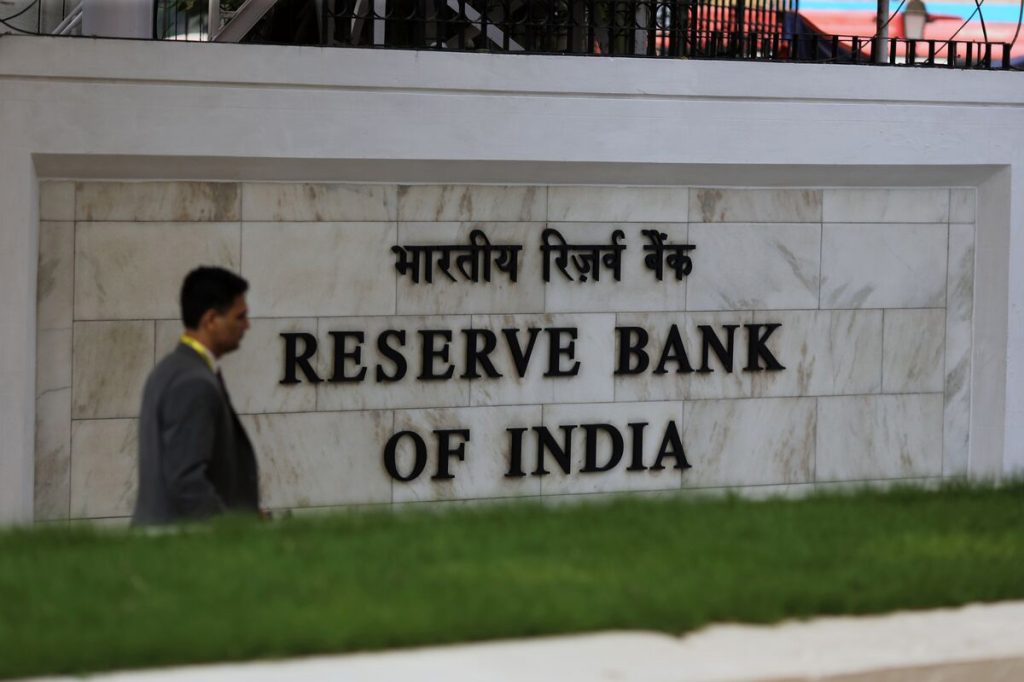
Low inflation boosts real incomes, encouraging greater consumption that benefits sectors reliant on household spending
by IFAST RESEARCH TEAM
SENSEX Index earnings are projected to rebound in fiscal year 2027 (April 2026 to March 2027), supported by favourable economic conditions. Inflation, which stood at 0.71% in November 2025, is expected to remain subdued due to ample food supply and Goods and Services Tax (GST) cuts.
Low inflation boosts real incomes, encouraging greater consumption and benefitting sectors that rely on household spending.
The financial sector, which accounts for roughly 39% of the Sensex Index, is set to lead the earnings recovery with double-digit growth. As urban consumption recovers and loan rates decline, credit demand is likely to rise. The Reserve Bank of India (RBI) has cut the repo rate by 1.25% this year, making borrowing cheaper.
At the same time, RBI has reduced the cash reserve ratio — percentage of deposits that banks must hold as cash — from 4% to 3% in 2025.
This frees up more lendable funds, allowing banks to expand loan growth and, in turn, support revenue growth. While net interest margin is likely to remain tight in the near- term as deposit repricing lag loan rate cuts, we expect bank earnings to experience double-digit growth in the financial year 2027 (FY27) due to strong credit growth.
The consumer discretionary sector is also likely to benefit, as higher real incomes, lower borrowing costs, and GST-driven price reductions drive spending on non-essential goods and services such as automobiles.
Limited Exposure to Direct Beneficiaries of the AI Boom
Globally, the artificial intelligence (AI) boom has driven outsized equity gains in markets with significant exposure to AI infrastructure and applications.
In the US, chipmakers such as Nvidia Corp and Broadcom Inc, alongside hyperscalers including Alphabet Inc, Microsoft Corp and Amazon.com Inc, have been key beneficiaries, as investors sought exposure to AI-driven growth.
Emerging markets such as China, Taiwan and South Korea have also benefited, supported by the presence of semiconductor leaders like Semiconductor Manufacturing International Corp (SMIC), Taiwan Semiconductor Manufacturing Co (TSMC) and SK Hynix Inc, as well as internet platforms with substantial AI initiatives, including Tencent Holdings Ltd and Alibaba Group Holding Ltd.
In contrast, India’s participation in the global AI equity rally is likely to remain modest in 2026, given the absence of large AI names within its equity market.
This limits the country’s ability to attract AI-driven foreign inflows in the near-to- medium term, constraining upside at the index level.
To be fair, Indian IT services companies such as Tata Consultancy Services Ltd and HCL Technologies Ltd have been pivoting from traditional digital transformation projects toward AI-centric deals, while investing in their AI capabilities to deliver services more efficiently. This positions them as potential beneficiaries of an AI rally.
However, the shift toward AI-led services could weigh on near-term revenue growth, as efficiency gains in service delivery may ironically reduce billable hours.
At the same time, Indian IT services firms continue to face headwinds from subdued global IT spending and changes to the H-1B visa regime.
Consequently, while certain firms may see earnings improvement, we do not expect a broad-based rebound across the sector in 2026 as Indian IT services companies navigate a transitional period from traditional headcount-driven revenue models to AI-led, outcome-based service offerings.
Outside of IT services, investors have limited opportunities to gain meaningful AI exposure in India, with the country being a late entrant to the semiconductor space.
Current efforts are focused on producing mature nodes in the 28-nanometre (nm) to 65nm range, rather than the advanced chips required for AI applications.
India’s goal of achieving chipmaking parity with major producers such as the US, Taiwan or even China by 2032 appears ambitious, given infrastructure deficits, a shortage of specialised talent and the rapid pace of innovation by incumbent chipmakers.
On Dec 31, 2025, Taiwan’s TSMC announced the mass production of cutting- edge two nm semiconductor chips — a milestone that remains far beyond India’s current capabilities.
While India produces roughly 600,000 electronics-related engineering graduates each year, only around one percent possesses the skills needed for fabrication and advanced packaging without extensive retraining.
Infrastructure constraints also remain an issue, with critical semiconductor inputs such as ultrapure water and silicon wafers largely imported.
The Indian equity market is likely to remain primarily domestic-driven for the foreseeable future and may lag global peers should AI remain a key investment theme.
Persistent Indian Rupee Weakness Presents Additional Headwind
The Indian rupee (INR) hit a record low in December 2025, crossing the psychologically important 90 US dollar per INR level as a widening trade deficit, foreign outflows and the RBI’s reduced intervention weighed on the currency.
RBI has recently indicated a willingness to tolerate a weaker rupee, with chief economic advisor V Anantha Nageswaran said that he is “not losing sleep” over the rupee’s decline.
Given low inflation, RBI has less of a need to defend the rupee to prevent imported inflation.
In fact, a weaker rupee is necessary to boost export competitiveness, given US tariffs on Indian exports. As such, the depreciation of the rupee could continue to plague the Indian market in 2026.
A US-India trade truce could lessen pressure on the rupee by improving India’s export outlook and narrowing the trade deficit. However, for the currency to stabilise — or appreciate sustainably — India would likely need to attract strong foreign institutional inflows back to its equity market.
Less Compelling Investment Case for Indian Equities
With India’s economy on a strong footing and an earnings recovery in sight, many investors are anticipating a rebound in Indian equities in 2026.
However, at current valuations, we do not find Indian equities attractive. Applying a fair price-to-earnings (P/E) of 19 times to estimated 2027 earnings, we derive a target price (TP) of 88,545 for the Sensex Index, implying a upside potential of just 4.1% (as of Jan 6).
While a US-India trade deal may boost investor sentiment and foreign institutional investor (FII) inflows, any rally is likely to be short-lived, as projected earnings growth, factoring in lower reciprocal tariffs, still does not convincingly justify the high valuations.
India also lacks the talent and infrastructure to compete with other emerging markets such as China, Taiwan and South Korea in advanced manufacturing.
This limits its ability to move up the value chain and fully capitalise on structural megatrends, including the digitalisation of the global economy and rising AI adoption.
The views expressed are of the research team and do not necessarily reflect the stand of the newspaper’s owners and editorial board.
- This article first appeared in The Malaysian Reserve weekly print edition
The post India Outlook 2026: Earnings recovery meets elevated valuations appeared first on The Malaysian Reserve.

